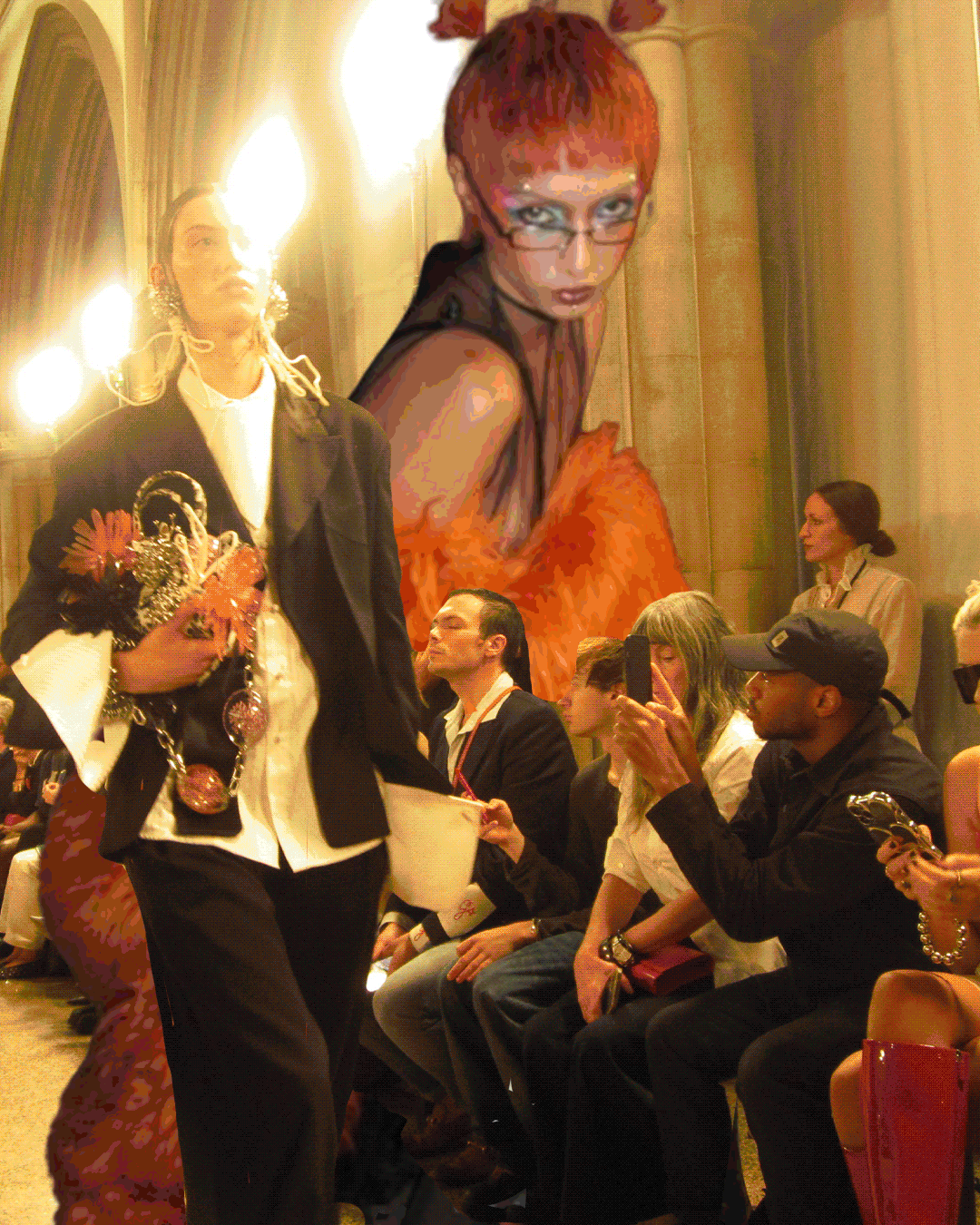MOVIE REVIEWS : ‘Rocco’ KOs Rest at N.Y. Film Fest
- Share via
NEW YORK — The hottest ticket of the opening weekend of the 29th New York Film Festival was no slick piece of esoterica by the trendoid of the moment. Rather it was 1960’s “Rocco and His Brothers,” Luchino Visconti’s epic of operatic neorealism, the oldest film in the festival--and at a full three hours one of the longest--that caused the greatest rush at the box office.
Encouraged by a rave in the New York Times that began with the stern injunction to “run, don’t lope or jog” to the festival box office, a small crowd of scalpers and would-be scalpees gathered in front of Lincoln Center’s Alice Tully Hall on a gorgeous Saturday afternoon, bidding sturdily for what may have been both this country’s first and last chance to see one of the cinema’s acknowledged classics as its director intended.
The tragic story of what transpires when a widow and her five sons forsake Italy’s impoverished south for the heartless prosperity of industrial Milan, “Rocco” was originally released in the U.S. at 2 hours and 12 minutes.
At that length, according to Richard Pena, chairman of the festival’s selection committee, the film lost so much of its substance that “many of the reviews talked about this new boxing film from Italy.”
In fact, two of the sons of Rosaria Parondi (Katina Paxinou) turn to boxing. Both the Rocco of the title (Alain Delon, in his first major international role) and his older brother Simone (Renato Salvatori) feel the lure of the ring, but their crucial rivalry is not fistic but romantic. Both are attracted, at different times, in different ways and for different reasons, to the mercurial prostitute Nadia (a breathtaking performance by Annie Girardot).
Working with cinematographer Giuseppe Rotunno and composer Nino Rota, Visconti created the kind of thematically and emotionally complex canvas that no director today would even be willing to attempt, let alone be capable of pulling off.
Though the director’s passion for opera makes some of the emotion seem over the top, that tendency is more than balanced by scenes of raw intensity that haven’t lost a bit of their awful power. When Visconti said in an interview that “an expression of the burden of being human is the only thing that really counts on screen,” he clearly had his work here very much in mind.
The crisp, complete print of “Rocco” that the festival showed, put together by the British Film Institute, is currently without a distributor. And while it is difficult to imagine a film of this type going toe-to-toe in the marketplace with the likes of “Home Alone,” it would be a shame if the audience that does exist for it never got a chance to see the glories it has to offer.
The festival’s opening night film, “The Double Life of Veronique” aroused fewer passions. Though its star, French actress Irene Jacob, won the Best Actress Award at Cannes this past year, the black-tie audience did not appear to be enormously impressed, and veteran festival goers said the applause at the end was one of the most tepid in memory.
The problem with “Veronique” is not so much with the film itself but that it wasn’t especially suited to open a festival. For its director, Poland’s Kryzstof Kieslowski, known for much more serious work, seems to have taken something of a busman’s holiday here.
Instead of previous heavy subjects like the death penalty (“Short Film About Killing”), Kieslowski has lavished his considerable talents on a rather insubstantial story of two women, one in Poland, the other in France, who are psychic twins but don’t know it.
Beautifully lit and shot, with a haunting score by Zbigniew Preisner, “Veronique” is a rich, lustrous film that nevertheless leaves one feeling that rarely has so much talent been joined to so slight and evanescent a project.
The most genuinely popular film of the festival so far appeared to be the much ballyhooed--and deservedly so--”Toto the Hero.” Winner of the Camera d’Or at Cannes for best first film and probably the best film period ever to come out of Belgium, “Toto” marks the feature debut of writer/director Jaco van Dormael, who joins a prodigious talent to a welcome effortlessness in its display.
A bemused, playful man who accepted the cheers of the festival crowd in a rumpled black and red flannel shirt, Van Dormael has audaciously attempted to gather all the human emotions, from the heartbreaking to the comic, in a single cockeyed story.
His protagonist is Alfred, a man who looks back on his life from near the end of it and is unhappy enough about what he sees to imagine himself as Toto, a secret agent extraordinaire. Wonderfully high spirited, bristling with inventive glee, “Toto the Hero” completely resists any attempt to pin it down, and for that reason alone appeared to have won the hearts of even the most emotionally ossified New Yorkers.
More to Read
Only good movies
Get the Indie Focus newsletter, Mark Olsen's weekly guide to the world of cinema.
You may occasionally receive promotional content from the Los Angeles Times.











